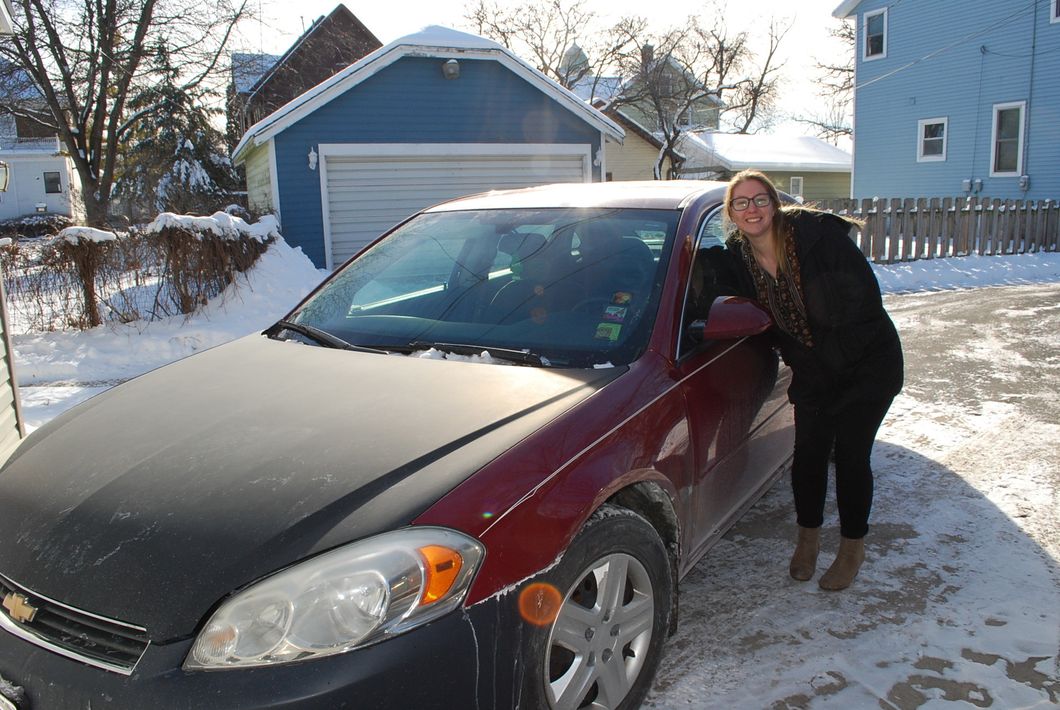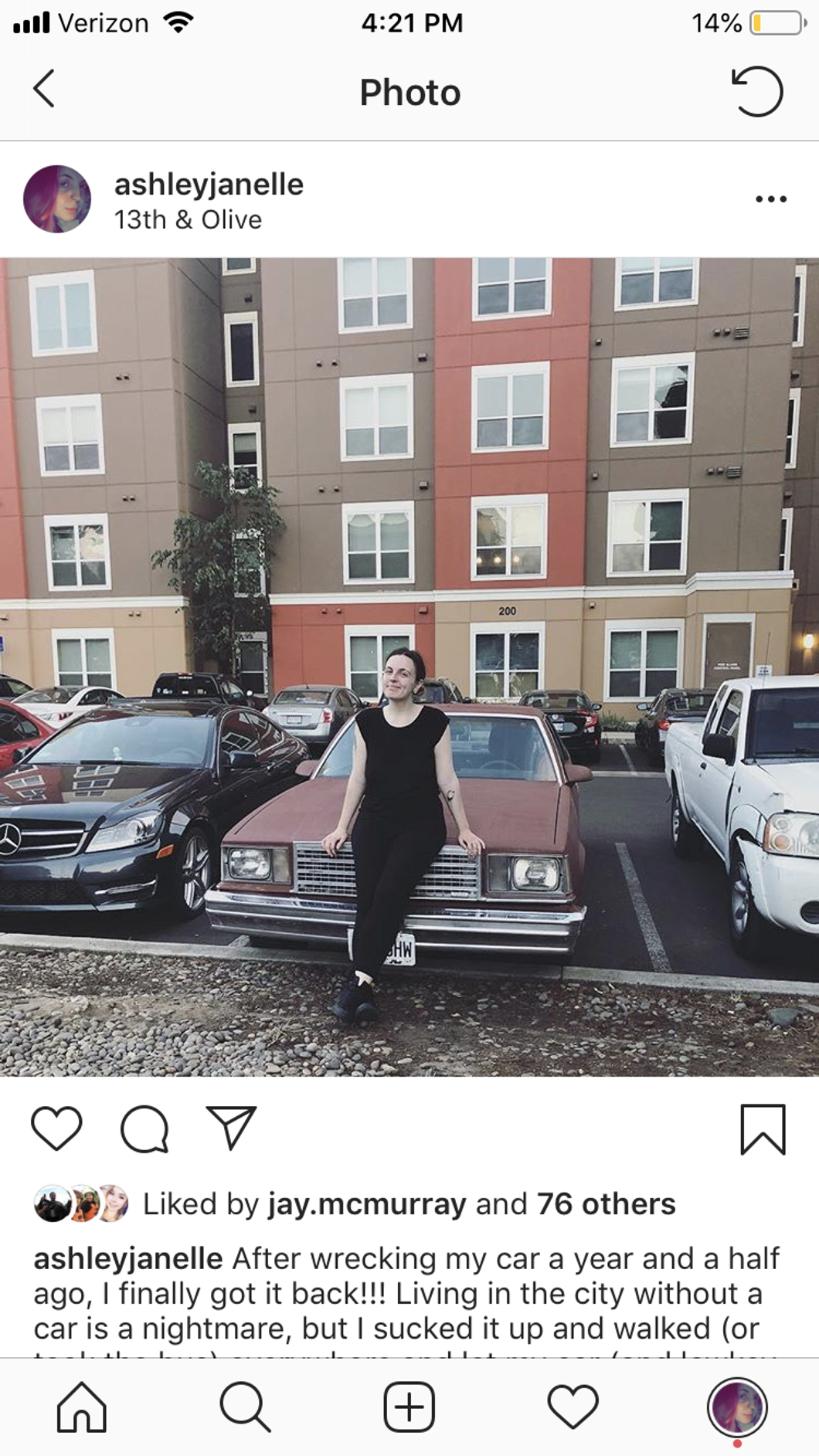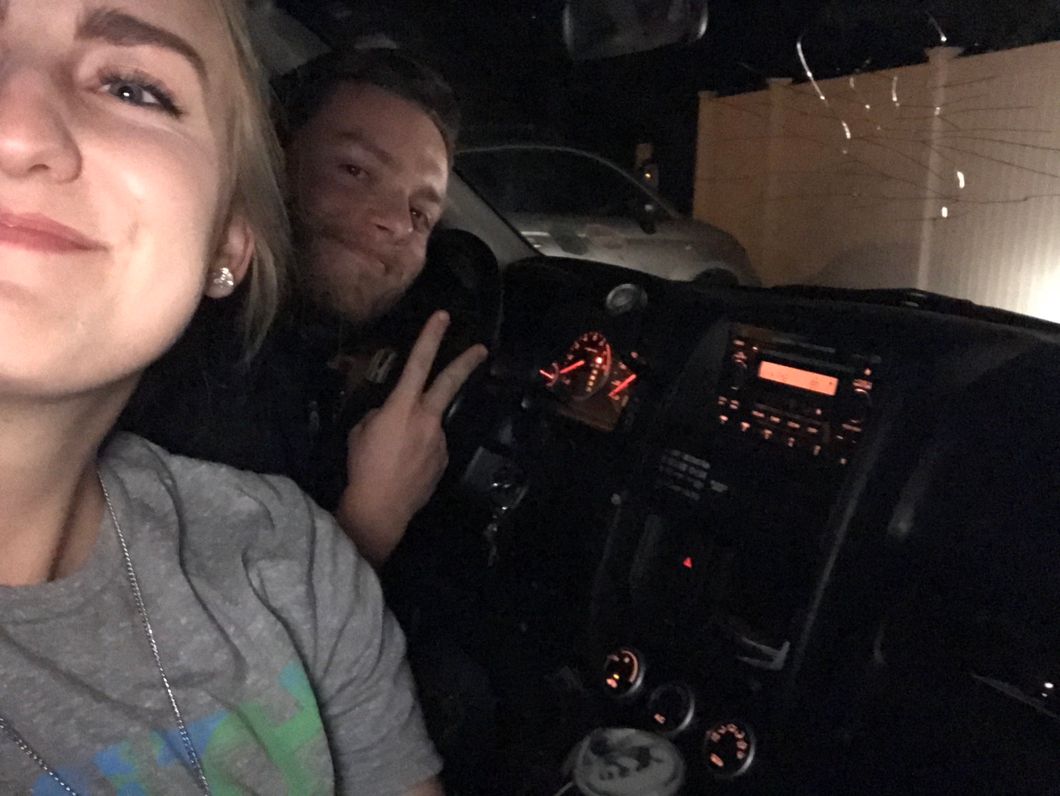Can Insurance Companies Make You Use Used Parts?
There are three main types of spare parts that could be used to repair a damaged vehicle. Which is your insurance pushing, and what can you do about it?
You've just been through an unfortunate car accident, the fault is on the other driver and their insurance is going to fix your car. You get your car back and find that the auto repair shop has used second-hand parts to fix your car. You get frustrated and suspect the shop was trying to save money at your expense.
While that might be the case in some situations, sometimes there is a very good reason why an auto repair shop would use second-hand or aftermarket parts.
Let's start by explaining the differences between the three different options you have for spare parts;
OEM
Original Equipment Manufacturer spare parts are original parts that were made by the car's manufacturer. OEM parts are generally more expensive than the other two options as they are brand-new parts from the factory that would look and fit perfectly.
Most body shops don't keep a very large inventory of OEM parts on-hand so very often there will be a waiting period to receive the parts from the manufacturer.
Body repair shops love OEM parts and for obvious reasons. They fit perfectly every single time, don't require much custom work/fabrication, and being the most expensive, they have the largest profit margins for the shops.
Insurance companies, however, aren't too keen on OEM parts. The main reason being the cost factor. Insurance companies have a duty to reduce costs as much as possible, and splurging on original, brand-new spare parts doesn't help with that. They would rather use aftermarket or used parts that would essentially do the same job but cost way less.
Aftermarket
Aftermarket parts are also brand-new and do the same job as OEM parts do. However, they are manufactured by another company. They are basically generic versions of the same product, which gives them the ability to offer them at much lower prices than the car manufacturers.
Body repair shops don't love aftermarket parts but they also don't hate them. The vehicle repair process is almost identical and your car would probably look the same after being repaired.
Yet, some adjustments are usually needed to get those parts to fit perfectly. Which will come down to how skilled the technicians at the repair shop are to get the job done with no issues.
Used Parts
Used parts are pretty self-explanatory. They are used, and most probably come from a junkyard. But that's doesn't necessarily mean they are bad.
Most of the time when a car is wrecked, there still would be a lot of parts that are still in good working condition. These parts will make their way to the junkyard and eventually be used to repair another vehicle. The great perk about used parts is that they are often original parts that were used for a bit.
Used parts are often the favorite choice for both body repair shops and insurance companies. They are easy to source, easy to install, often are sold with a large discount, and you're essentially helping the earth by recycling used parts.
Depending on what your car is, you might steer in either direction.
For example, you probably are going to want OEM parts when fixing a brand-new car. However, you might not want to pay the premium price for a 15-year-old car when it essentially performs the same job.
How to make sure you get OEM parts
If you're keen on using OEM parts exclusively when fixing your vehicles, you're in luck; because there is a way.
You'd need to speak to your insurance agent regarding an OEM parts endorsement. This addition would most likely come at an extra cost.
Be mindful that not all insurance companies offer such a perk, and it's usually not offered for all vehicles.
So, shop around and see if it's a possibility for your car.
What to do if your insurance insists on using used parts
Since it's not illegal for insurance companies to use aftermarket or used parts to repair vehicles, you would need to be creative and try and eliminate your risk.
- First, try and negotiate with the insurance company. In the end, you're a customer and they'd hate to see you switch to another company.
- You may argue that the replacement parts chosen will change the fit, appearance, or performance of your car.
- Ask them for a written agreement guaranteeing the used part(s) and taking full legal responsibility should the part fail or cause an accident or any further damage.
- Hire an experienced car accident attorney who's skilled in handling settlement cases and have them negotiate on your behalf. Utilizing the help of a skilled attorney will give you the advantage in negotiating and will raise your chances of reaching a favorable deal.

































